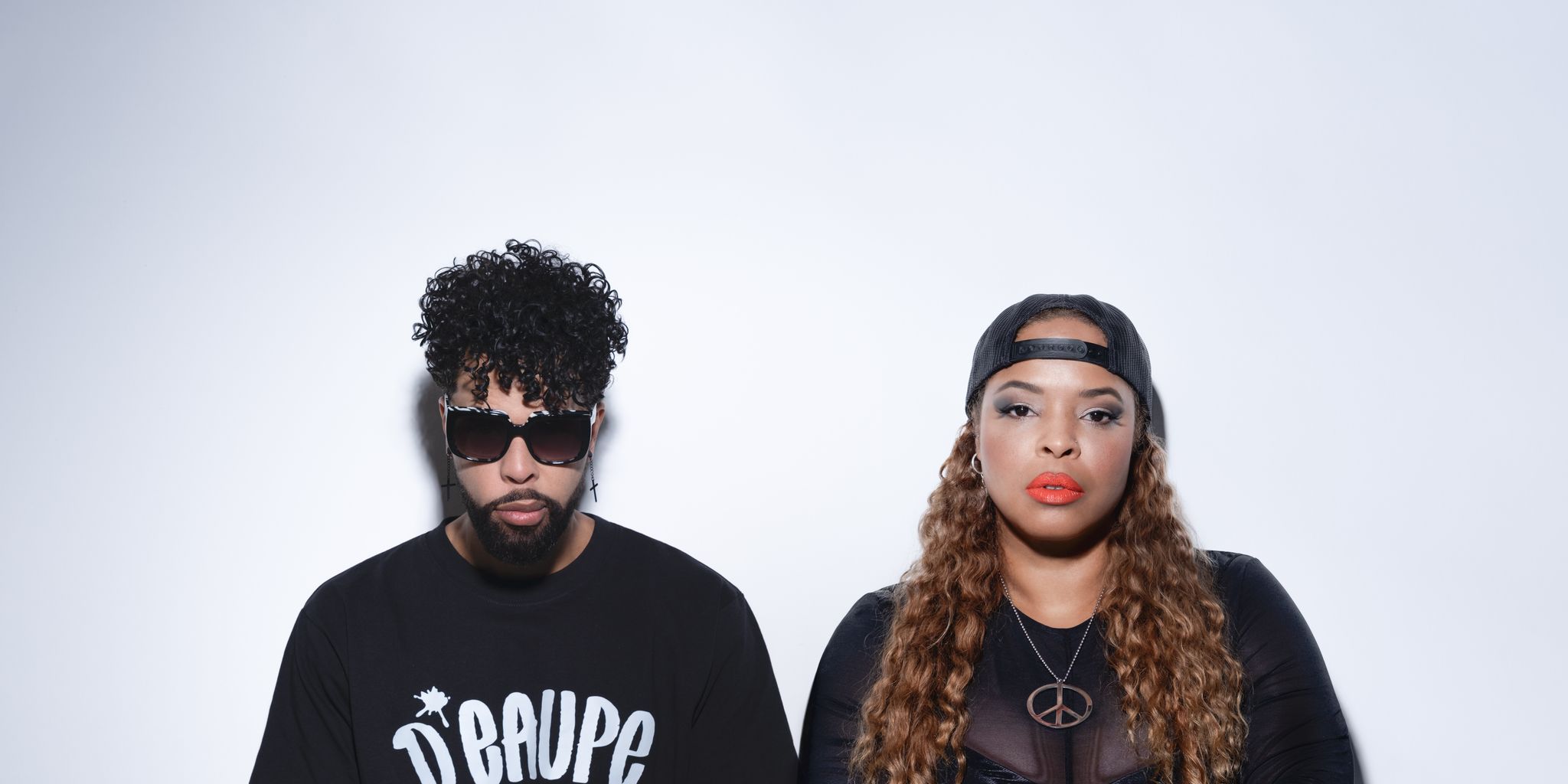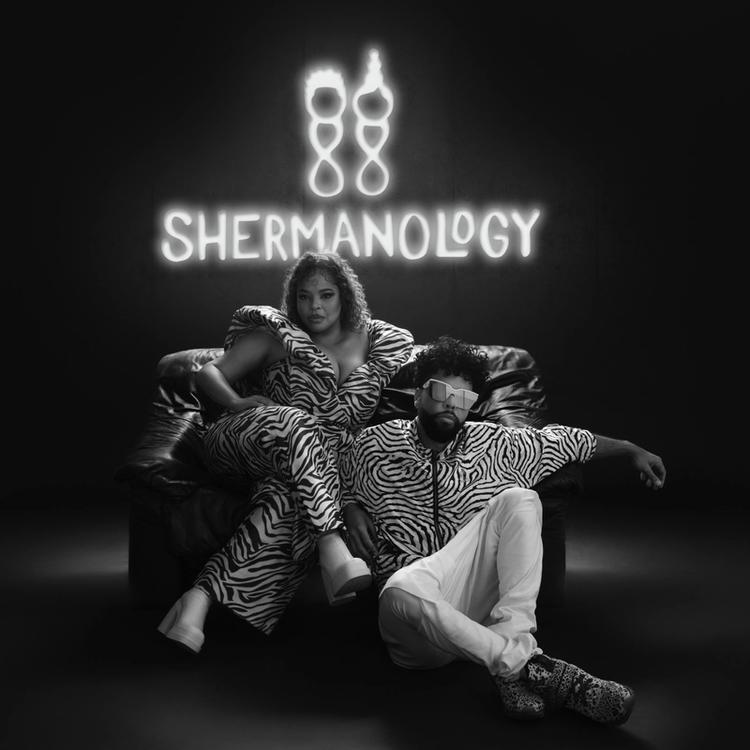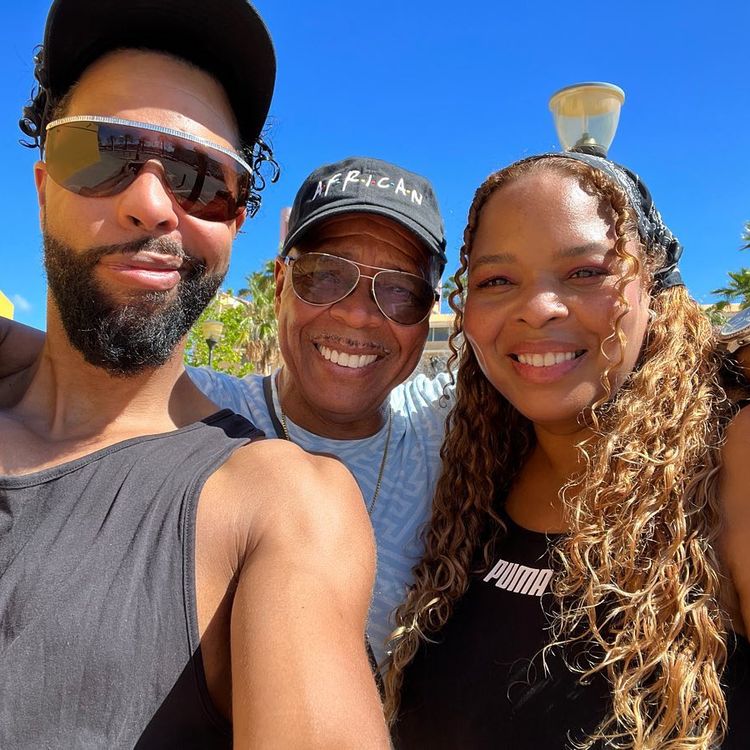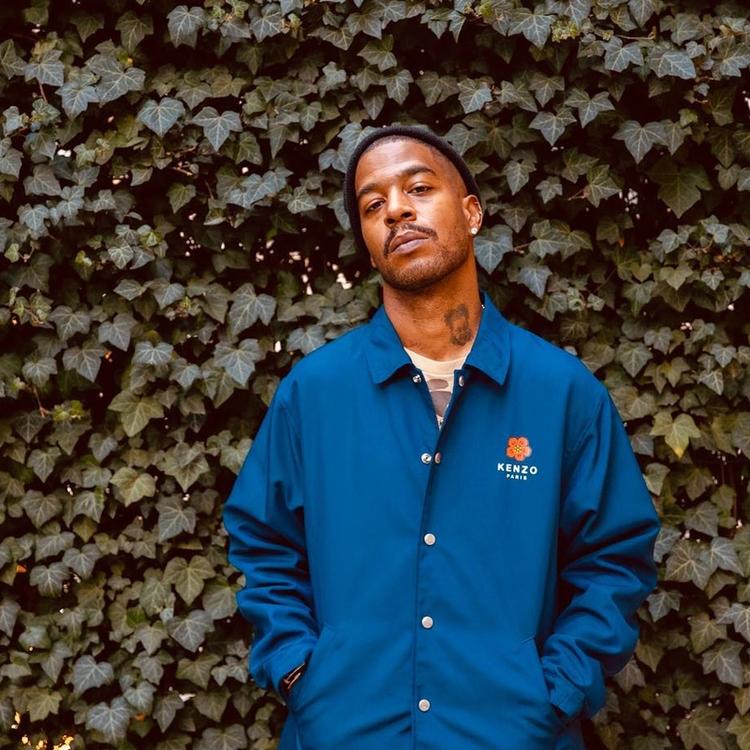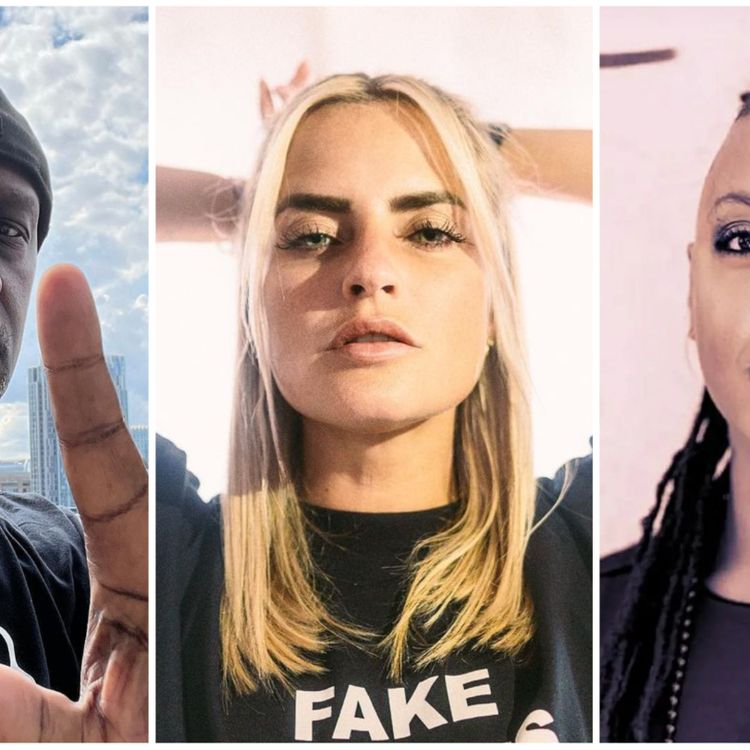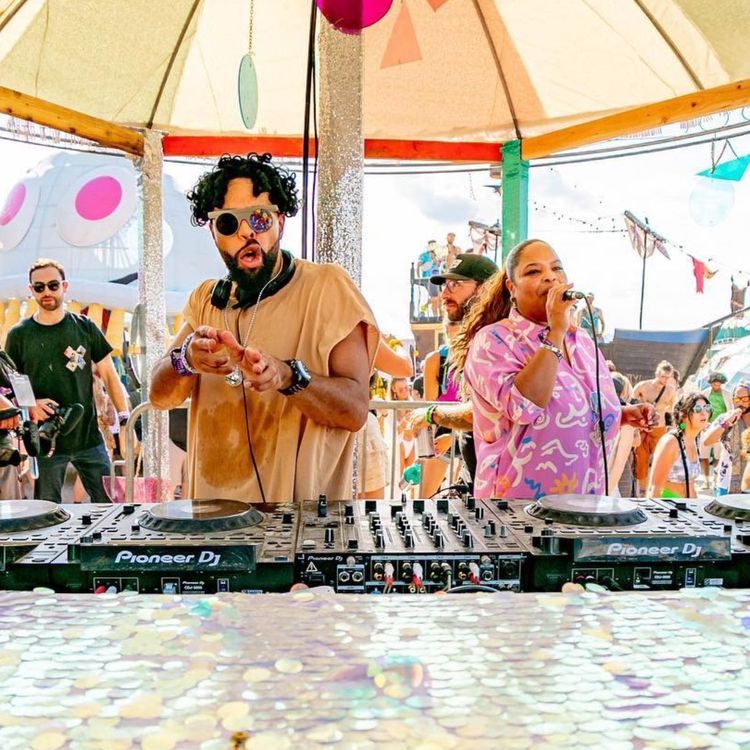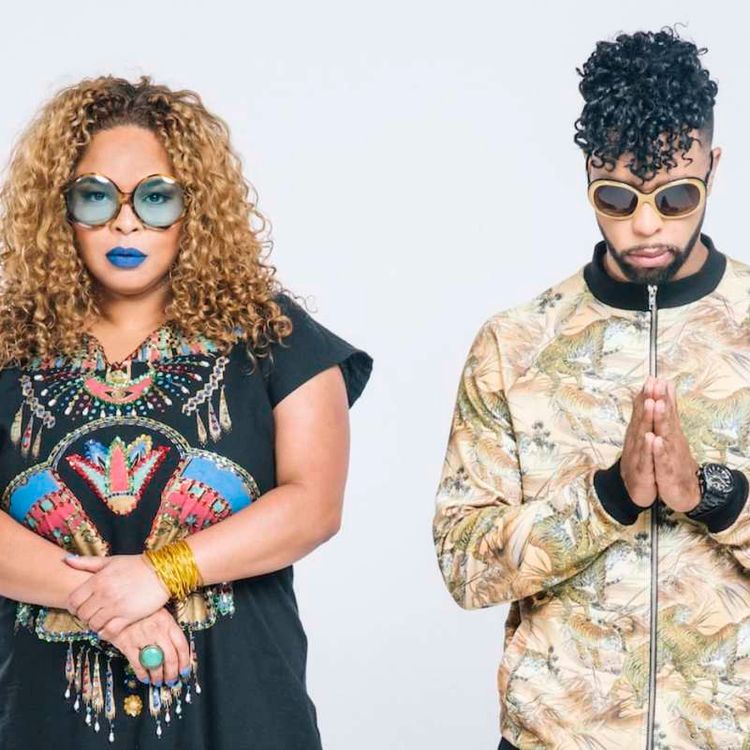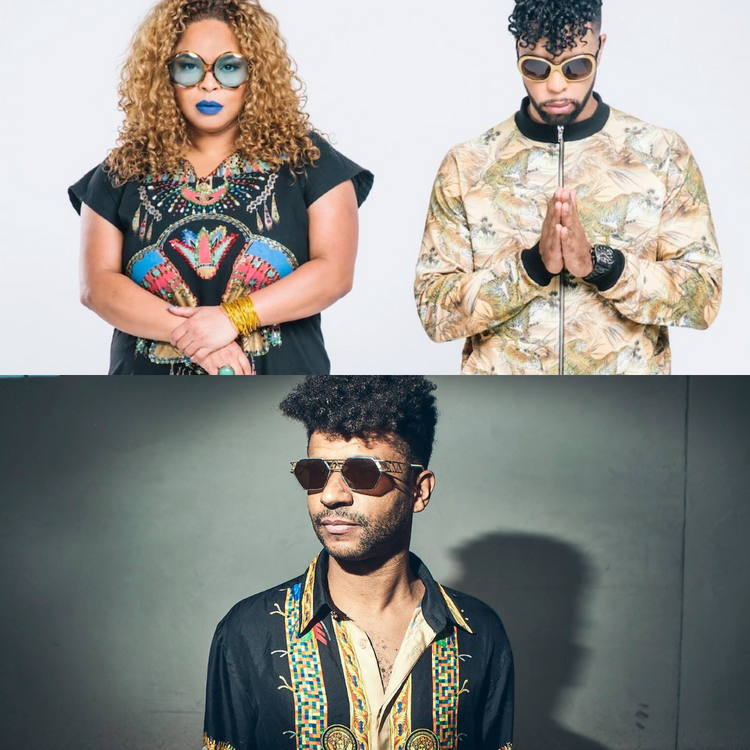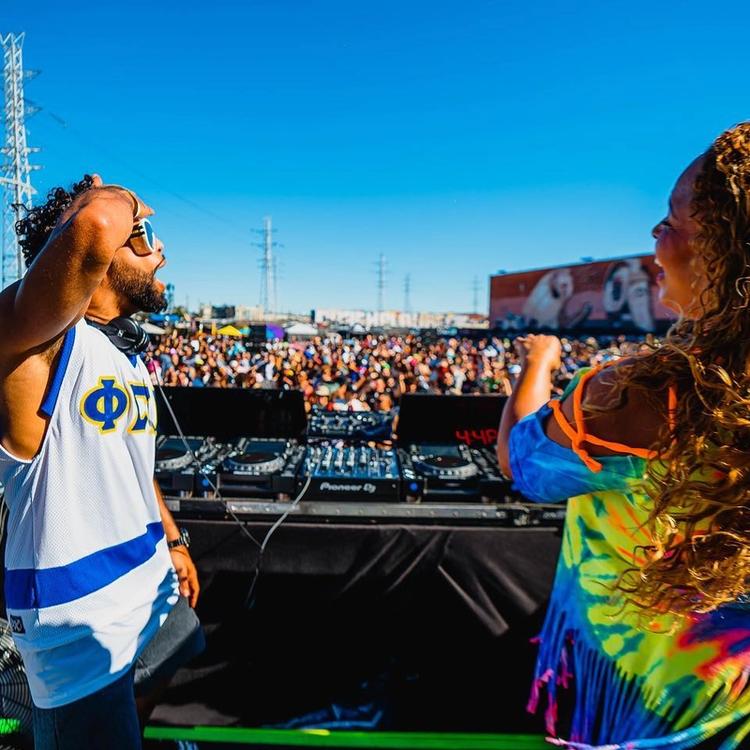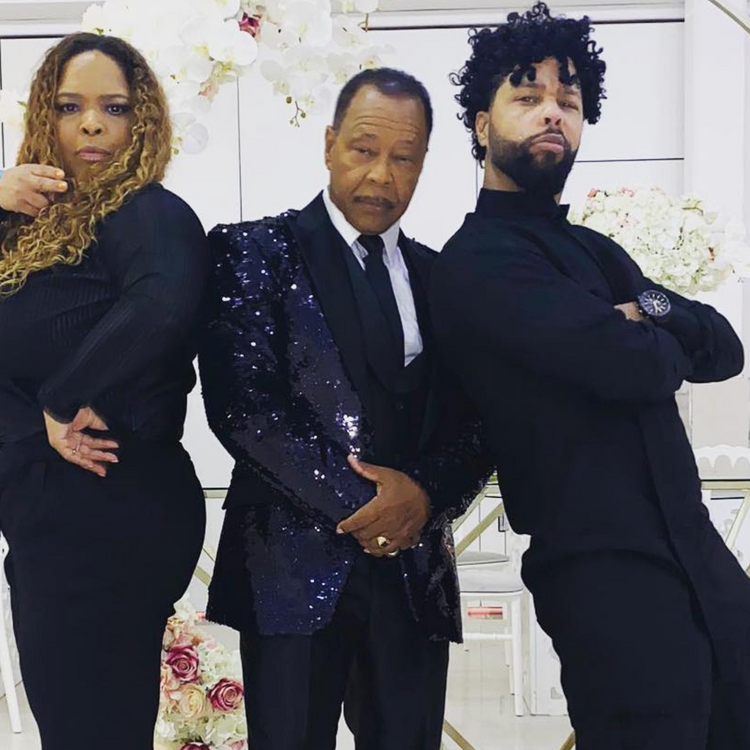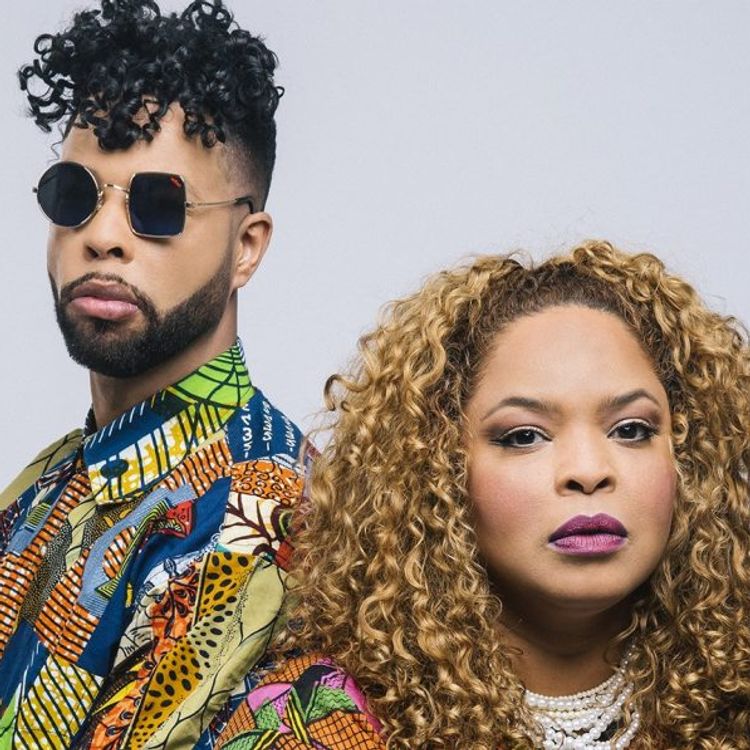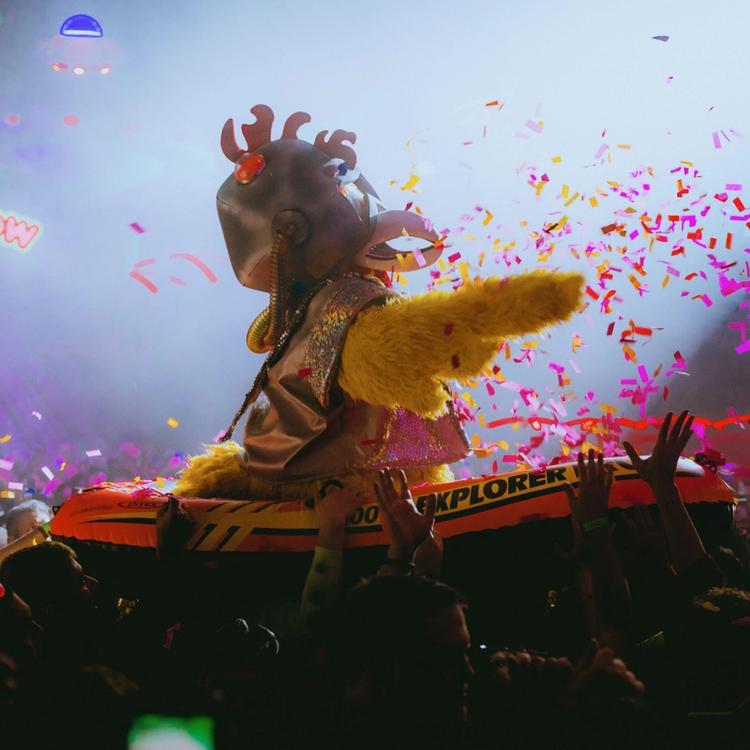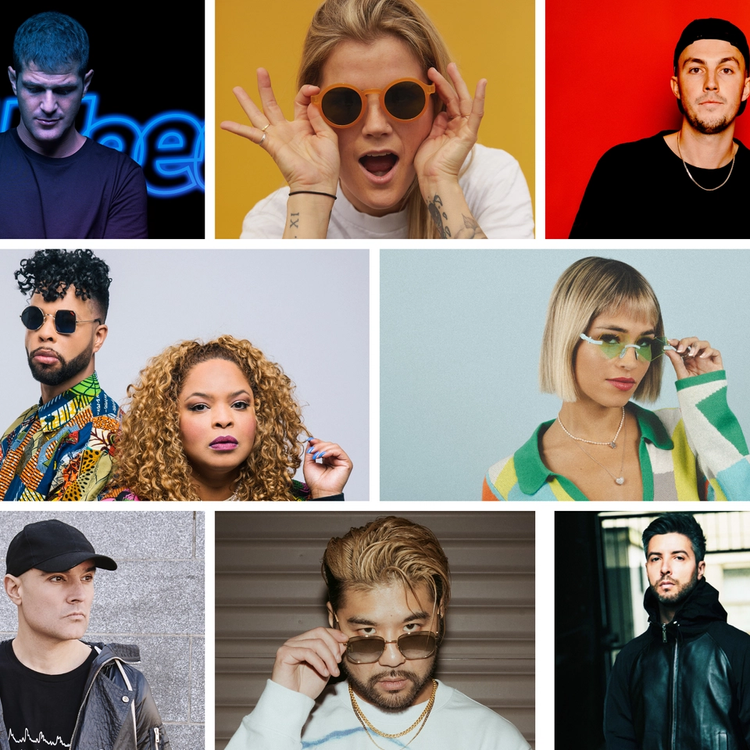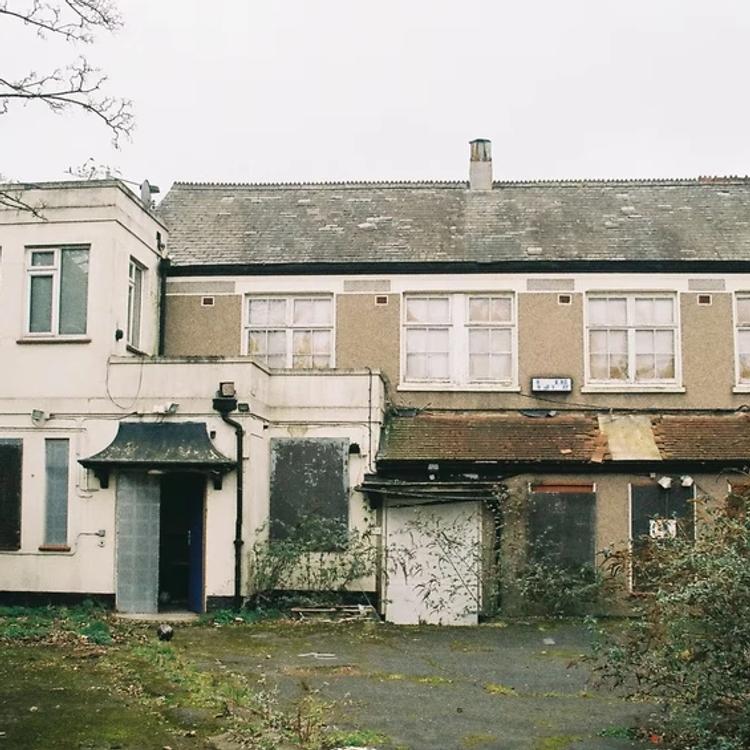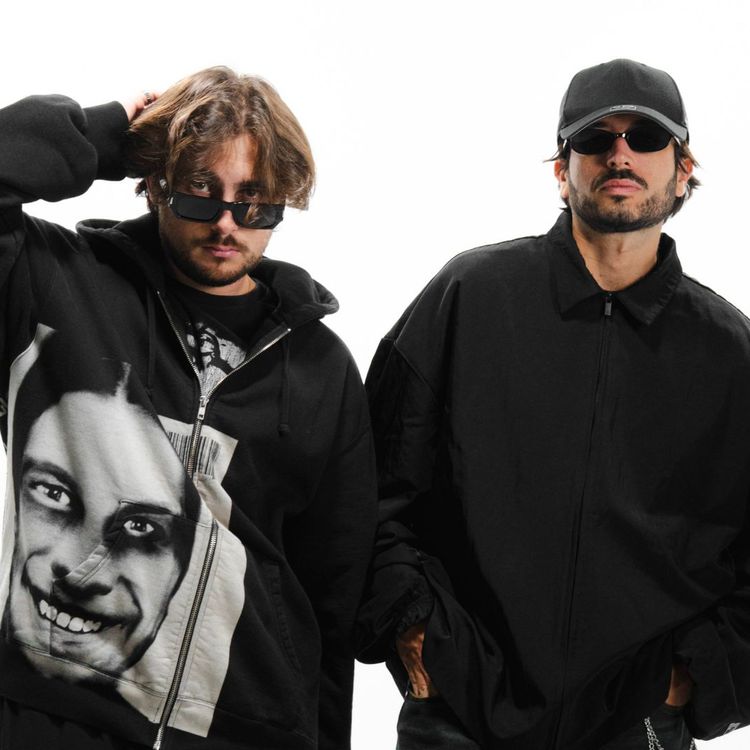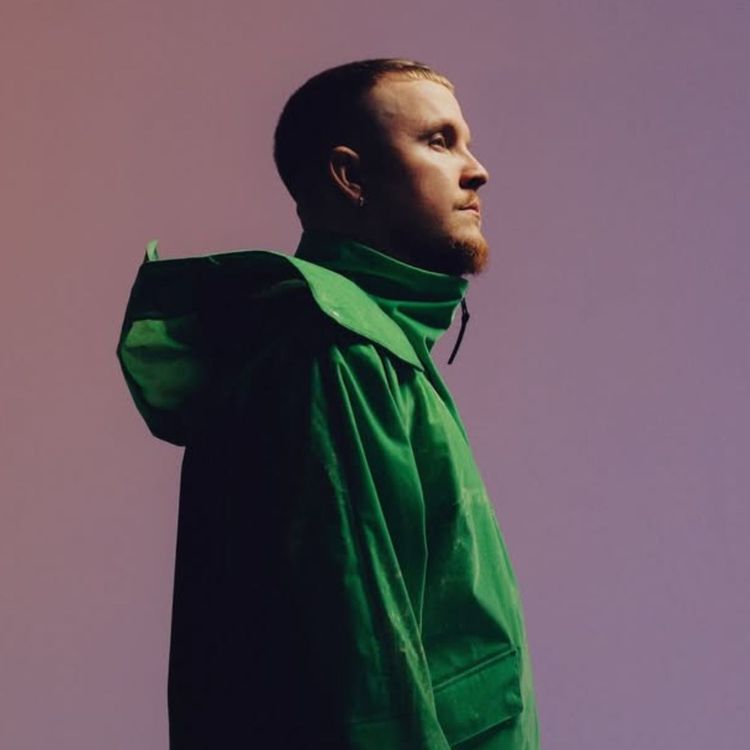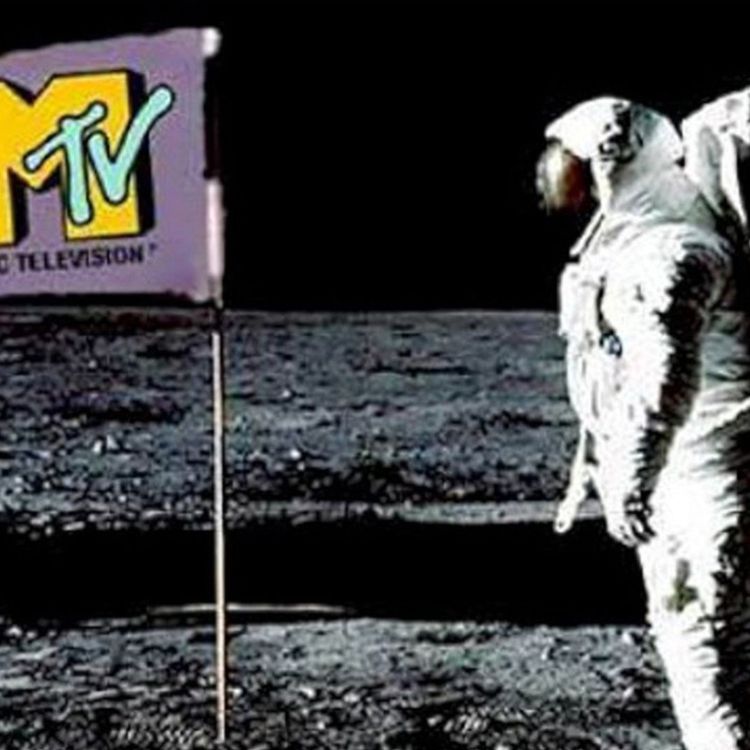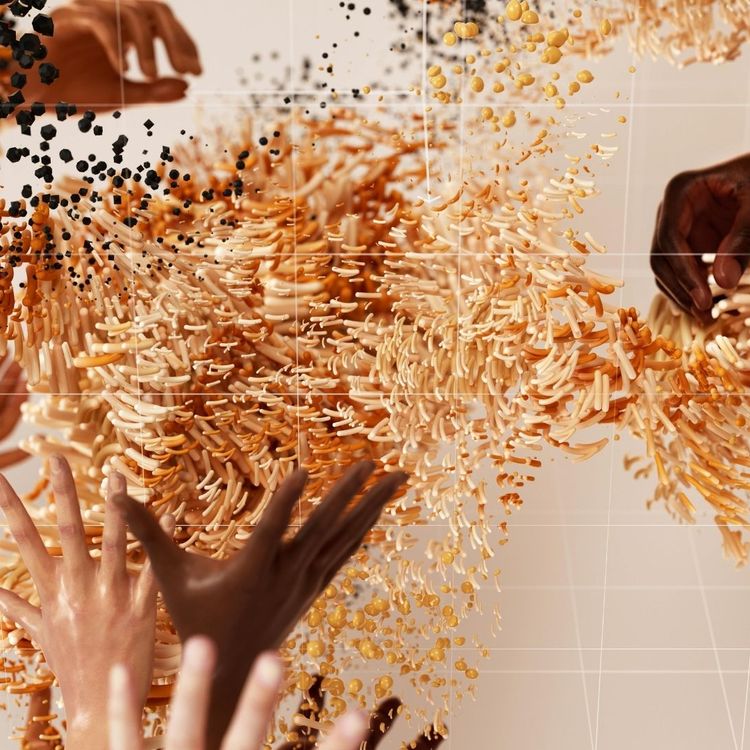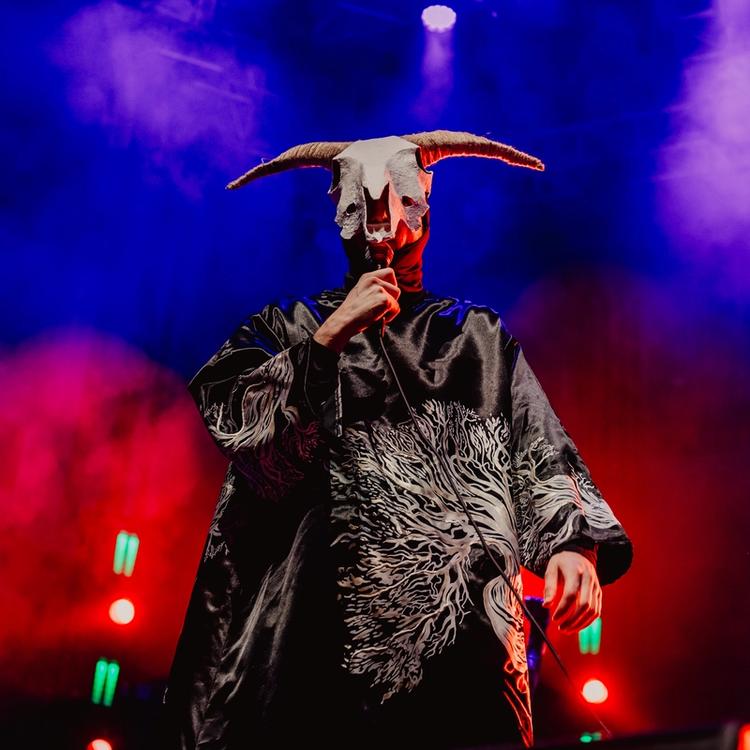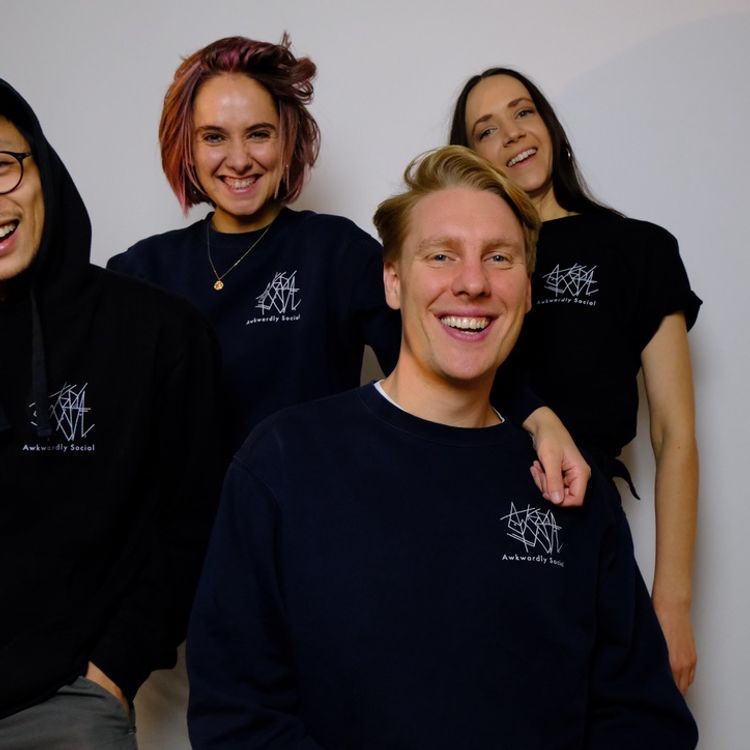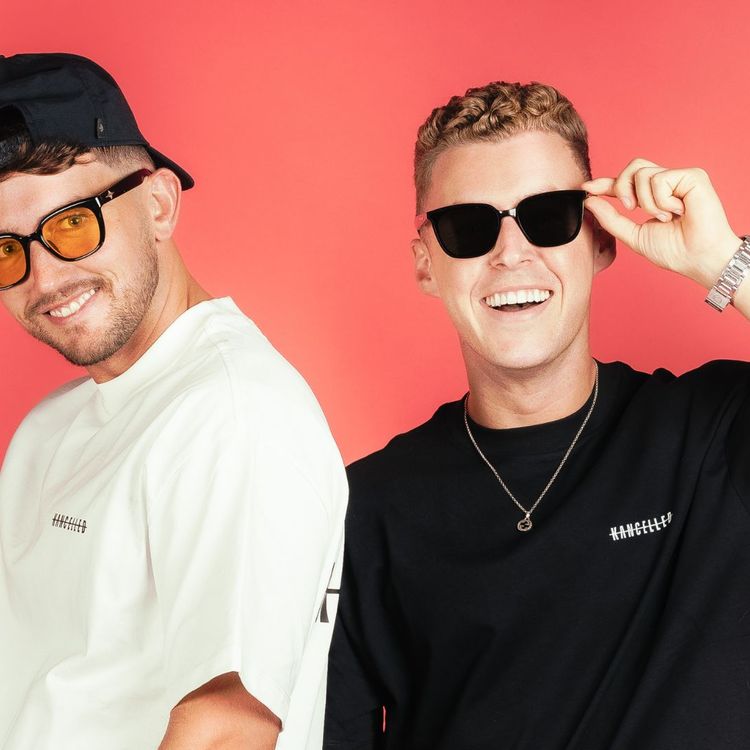Unlocking the Beat: Shermanology's Passion, Evolution, and the Future of Dance Music
Dutch-Carribean brother-sister duo Shermanology, continue to impress house heads with a sound that beautifully marries stylish soul, low-end forward beats, and just a touch of that garage groove. Dorothy and Andy Sherman, whose individual musical backgrounds run the breadth of modern music, have found a sonic sweet spot that's let them drift in their own lane. And while this isn't their first foray into dance music, it is their most authentic.
Ahead of their New York show at Superior Ingredients, we chatted with Andy about career milestones, setting trends, and how their lifelong family connection to music continues to this day.
What ignited your love for dance music, and who were the early artists or influences that captivated you?
I think our earliest memories that we had was like Soul II Soul. That was one of the groups when we were kids. When those guys came out it was still electronic, but soulful and that was a sound that just stuck with us.
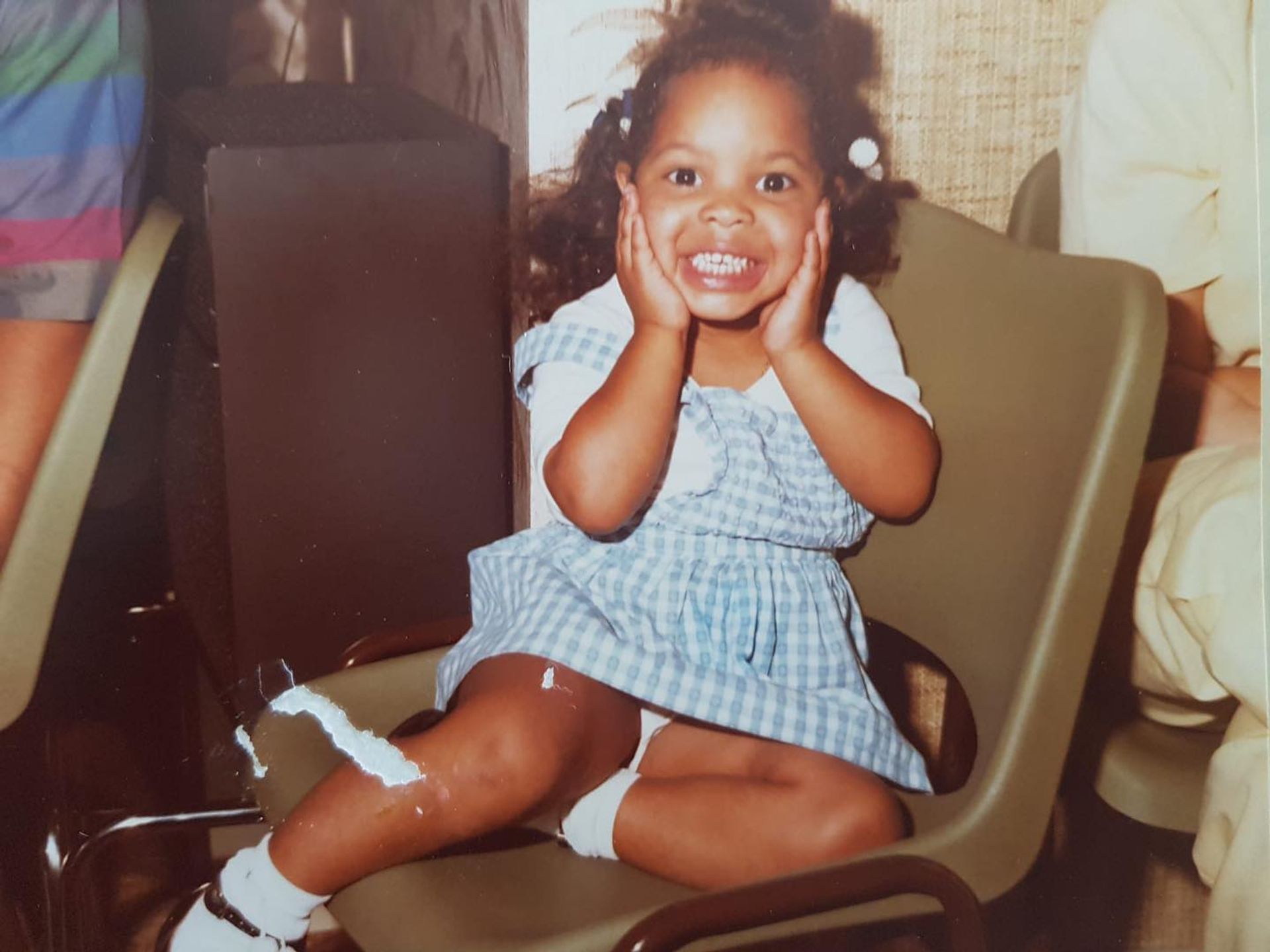
Can you recall a transformative experience or milestone in your life or career that profoundly influenced your musical style and direction?
Something that really changed everything for me, Andy, as a producer, was when I moved to the UK and I saw this UK garage feel where they still used full vocal tracks, but still had a lot of energy in the baselines, in the drums.
There were some guys like Todd Edwards, Karl "Tuff Enuff" Brown, Artful Dodger. I really like that sound, and I think a lot of things, and that we do right now with Shermanology is based on the same concept of a full vocal, but still solid sound-wise in the clubs.
Describe your creative approach when crafting a new track, and how do you maintain a constant source of inspiration?
We never have a similar approach with any track that we do. Sometimes we start from a vocal that Dorothy has in her phone. Sometimes it's from a beat that I create and Dorothy writes on top. Sometimes I hear a sample or Dorothy hears a sample somewhere and she's like, okay, we should try something like this.
Every track we make is different. Even when I start a production, I don't have a template that I open. I never use the same kick, the same clap. I always start from scratch. And I think that's what keeps it fresh for us. You know, I never like repeating so people tell me like, yeah, why don't you do a follow up for, for example, "Boyz N Da Club" And I'm like, no, I never do follow ups. We just do whatever the heart feels. And that's the source that we dig in every time.
What obstacles have you encountered within the music industry, and what strategies have you employed to forge a thriving career?
A lot of people are for hypes and every time a hype comes around, you see DJs jumping on a hype. Early in my career I used to do that, like see what everybody's doing and then create something in that sound. But for us, when everything started moving for us was when we let that go and the moment that we just did whatever felt right, the rest just fell in place.
And I think that's the strategy that kept us in the game for quite a long time. I mean, we had a period of five years before everything that's happening now where we had a really long dip where we didn't know what to do and where we wanted to go. But we just said, you know what? Let's just follow our heart. And from that point, everything started moving again.
Can you recount a significant collaboration or project that expanded your artistic horizons and left an enduring impression on your work?
A significant collaboration or project that expanded our horizon was the track "Bon Bini" that we made for Jamie Jones and Hot Creations. We always had this vision where we wanted to use vocals that people would normally not use in an electronic track. And Dorothy found this track, the acapella, from a Bulgarian choir and we were like, "you know what? Let's remake that choir and do that in house music."
When we started with the track, we didn't know what direction we were going with the production. So, when that one landed, we were like, "you know what? Challenge accepted." Every track that we do let's just see how crazy we can go with, with the vocals, how unexpected. And I think that was a track that really showed myself as a producer that you can create electronic music or house music with any type of vocal.
Do you engage in any rituals or pre-show routines to mentally and emotionally prepare for performances?
Yes, we do have a ritual pre-show. We always like to just take a step back and go into a quiet zone. It's sort of a meditation just to, you know, go into yourself.
Just get the feeling of gratefulness that every step that we are making has a deeper meaning than just doing a show. It's something where me and Dorothy come together. We just chill for the bigger shows. You know, a lot of times there's praying involved too.
So we do have a ritual where Dorothy and I just take a step back from all the madness. And just stand still with the blessings and everything that's happening.
What guidance would you offer to emerging dance music artists seeking to establish themselves in the industry?
Don't look around too much at what everybody else is doing, because everything that you're seeing is already there. Dig deep into yourself and really understand what you stand for. I think that, is the winner, you know? And maybe it will take a lot of time before you find the formula that works for you, but once you have it, no one can take it away. Nobody can copy it because it comes from a deeper place within yourself.
How do you foresee the evolution of dance music, and what emerging trends do you believe will define the genre in the near future?
You have a lot of sub genres getting the chance to shine again. I can see the UK garage, I can see the drum and bass, I can see the more soulful side. I think that's really healthy, for the scene to give the people the chance to do whatever they do, whatever they feel. And it was a couple of years that disappeared. You know, you have less boxes, you can get a techno guy in the lineup with a soulful guy and also with an afro act. So I just really like how everything is blending.

Describe one of the most unforgettable gigs of your career and what made it so memorable.
We had a booking in Curaçao, on our island where we were from, and our whole family was backstage and standing with us on stage. And we have a big family! So we had, I think 30 or 40 aunts and cousins and everyone on stage. And then my dad just grabbed the mic and started singing. And that was the first time that we heard our dad sing on house. To share that moment with him on stage, I think that was one of the most memorable things for us personally. You know, we have like other big gigs that were good for the vision of where we wanted to go, but I think this was the most memorable one.
Which three cities top your list for exceptional restaurants and culinary experiences?
There is one in Rotterdam, that's called La Bandera. It's a Dominican kitchen, and it's just amazing. In Curaçao, you have the Fish's Corner. That's where they just get the fish straight out of the sea. You sit next to the beach and you just eat the fish just right there. I think that one is a really, really good one too. In Suriname you have a place called Roopram Roti, and you get Roti. It's a dish where you have a big pancake and you have all your meat, vegetables, potatoes in there.
If you were to play a professional sport, which would you choose and why?
I would be an MMA fighter for sure. When I was a kid, I was really good at martial arts and at the age of 12 I was the Dutch champion. So it was a really good passion of mine and I need it, you know, I have a lot of energy, and sometimes I have mood swings. So this was the perfect way for me to just have an outlet to let it all out. I still do my kickboxing once or twice a week just for the exercise.
If you had the opportunity to join the cast of any existing movie, which film would you select and why?
Coming to America, every time I watched that movie, I just thought Eddie Murphy and the whole cast was so good. And it just hits home, you know? When you move to a different country, we've moved around a lot in our lives. We went to Holland, we went to Curaçao, Dorothy moved to Greece. I moved to the UK. We moved back to Holland. So we can really relate.
What type of cuisine resonates most with your palate?
We have a lot of different kinds of food that we really like. I mean, we love sushi, we love Japanese, but we also love our Thai food. Caribbean cuisine is something that, everywhere we go around the world, especially in South America, we just go around just eating the whole day, just trying stuff. So it's a combination of different cuisines.
When it comes to performing, do you prefer indoor venues or open-air settings? Why?
When it comes to performing we both like both, because with the indoor places there a lot of times where you feel the energy. I like the underground dark kind of clubs where you don't have a lot of lighting and it becomes more of a vibe kind of thing. But then again when you're at an open-air festival, where the energy is so high that you can still feel people screaming and jumping, they both have their own charms. So I cannot say which one I prefer, but yeah both are good.
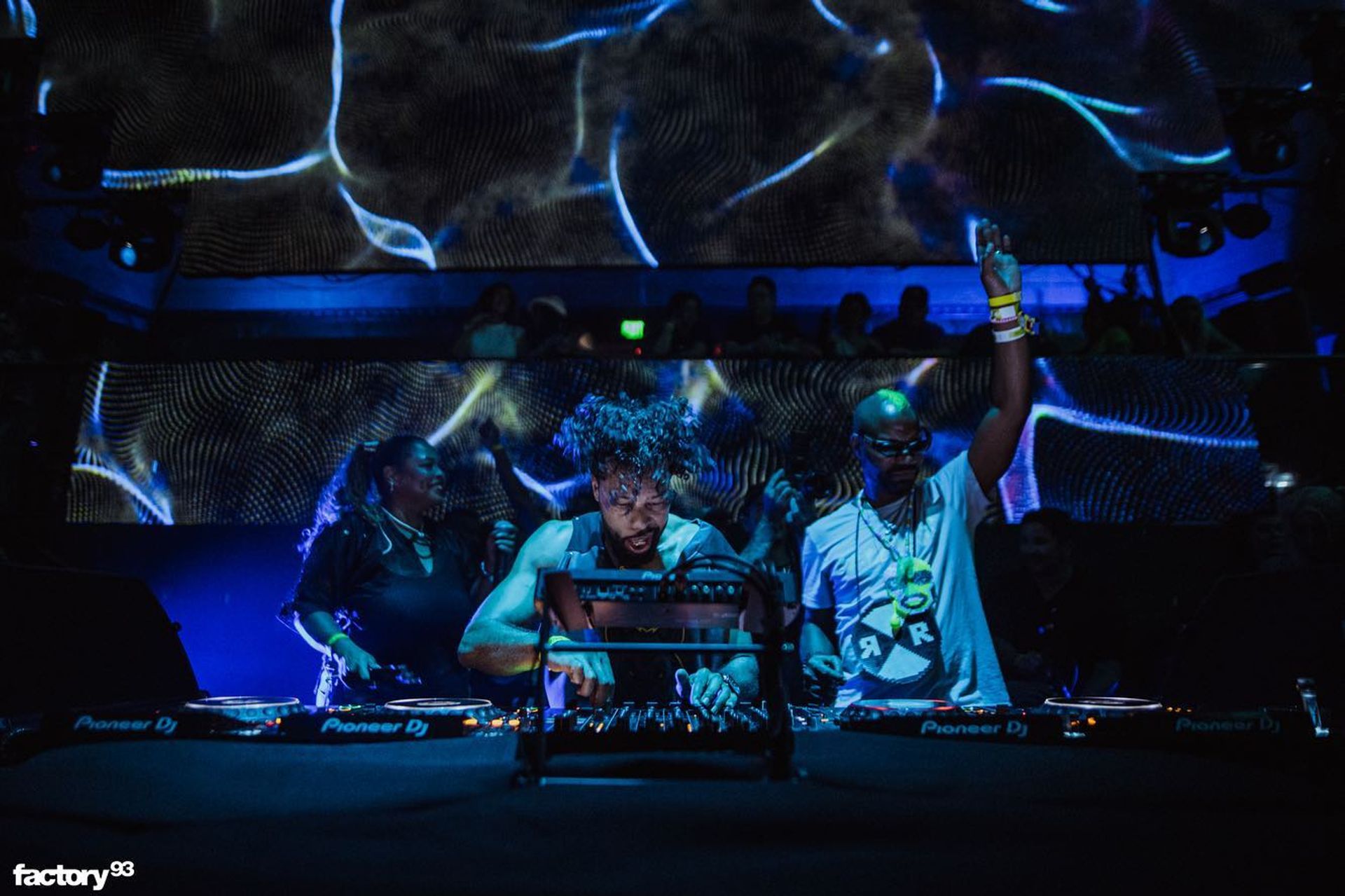
How do you balance the demands of touring with your personal life, and what strategies do you use to stay grounded?
We've had years that we were touring and everything was just about chasing gigs. At a certain point we got to a place where it became work. And this time around we just said, no, we want to tour, but we're not gonna kill ourselves doing 20 bookings a month. At the moment we balance it out where we do a couple of gigs, we fly back home, we spend time with our people, we spend time with each other. We try to get as much exercise as possible on the road. We don't go to the junk food places like we used to. We just take more time and eat healthy.
So I think with that balance, it's possible to tour and still have a good time because, we've seen a lot of people around us chasing money and in the end they were left with nothing because their health was so bad you know? And it's all about feeling good mentally because if you are on stage and you're not at a good place, you cannot give 100% and the crowd will also feel you're not in a good place. It all ties in together so if the balance is right, life is good.
What role does technology play in your music production process, and how do you think advancements will impact the dance music scene?
Not really. We're still in a place where we come together and we write the song just with a keyboard or a guitar, or sometimes it's instrumental that inspires us from someone else online, and then we flip it. When I see what's happening with the AI and all the people using it to create chords and to create beats, it's an evolution that we can't ignore, you know? Everybody has to do what feels good but I just like the song to get there organically. Yeah that's the part that you hear back in our music. And who knows what the future holds? I will never say that I won't do it because if something inspires you, you should use it. I'm not a keyboard player, I’m not a guitar player so, maybe AI can help me to get some chord progressions that I wouldn’t think of.
Can you share an experience where fan interaction or feedback profoundly affected your perspective as an artist?
An experience that changed a lot for us was we had a tour in Asia, and this girl, she was sick and she was telling us, "yo, I want to come to your concert next time. This time I can't make it." And at the start, we were really in touch with her for a couple of weeks, you know, talking to her and suddenly it went silent. And we never knew what happened with this girl. And that really had a big impact for us.
As an artist sometimes you don't understand how big the impact of your music can be on someone, and how it can help them through difficult times. I mean we really try to reply to everyone who speaks to us on social media because we really know that without the fans we wouldn't even be playing you know? Sometimes it's hard to keep track to talk to everyone but I think the fans are really important with every step that we take along the way.
How do you approach the process of remixing a track, and what elements do you consider when reinterpreting another artist's work?
Yeah, I mean we don't remix a lot but I just recently did two remixes, one for Fat Boy Slim, and one for Todd Edwards. When we remix a track, I just pick out my favorite elements, for example, the elements with Fat Boy Slim Remix. I just took the vocal and in the Todd Edwards track, he had chopped up vocals with chords and some tracks. With the Fat Boy Slim remix, I had a lot of inspiration to change the whole instrumental underneath and I just didn't want to touch some elements because the production was so perfect that I just took his parts and changed up the drums. I added a spoken word to it, so I made a whole new interpretation but still based it upon his work. So with every remix, I approach it differently.
What message or emotion do you aim to convey through your music, and how does it evolve as your career progresses?
Lately I was producing quite, the club bangers, you know, peak moments in the set. And the last few months we felt like, okay, we have the peak moments. Now, I still miss a couple of moments in my set. I miss the musical part where we really go soulful. A part that I really missed was my Latin drums and my more soulful kind of vibe, like the Kenny Dope and the Masters At Work kind of feel. So I've been doing that the last couple of months.
Our set consists of almost all original music. We don't play a lot of other people's stuff, and that's not because we don't like their stuff, but we just like to keep the energy as close as to ourselves. Our set has to be a representation of who we are. So that's how it evolves through our career. You know, I just fill in the gaps where I feel like, okay, we need a deeper moment in the set than I go in and create something that suits my sound or the set. And that's how me and Dorothy go back and forth the whole time trying to create a whole journey in the set. So we can go from funky to deep to Latin, to banging.
How do you stay connected to your fan base, and what methods do you use to engage and communicate with them?
Yeah, we really like to stay as connected as possible with the fans. Like we reply to every DM, we reply to almost everything that they send on Facebook or whatever platform. I think it's really important to just communicate with them because it's important to know what they think, and the more they understand us, the more they understand the steps that we're taking along the way. So yeah,I see it as if someone talks to me like in real-life and I don't reply, it's rude. And the same method I use on social media. If someone asks me something, I always try to give a meaningful answer for them to get a reply like it's a normal conversation.
